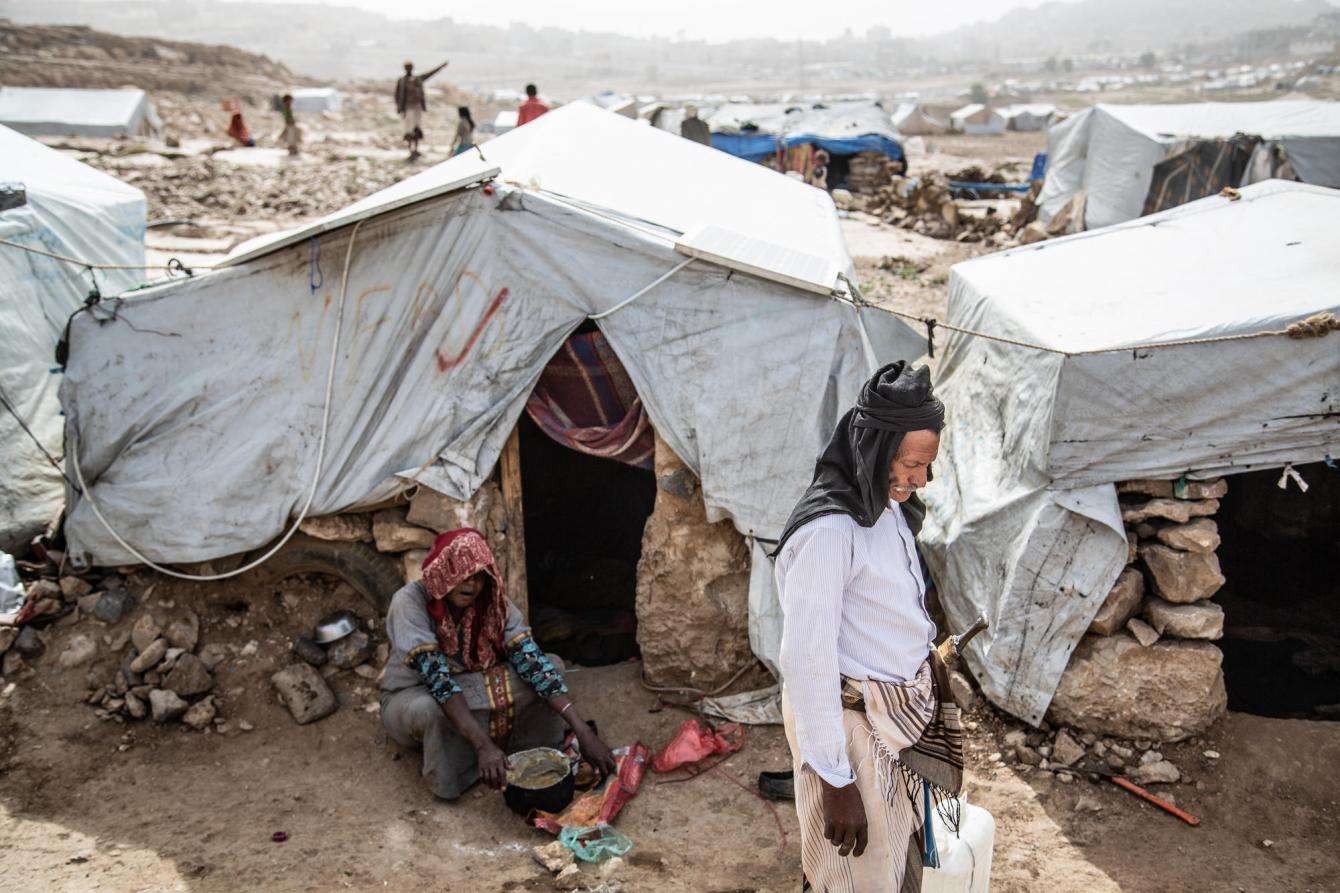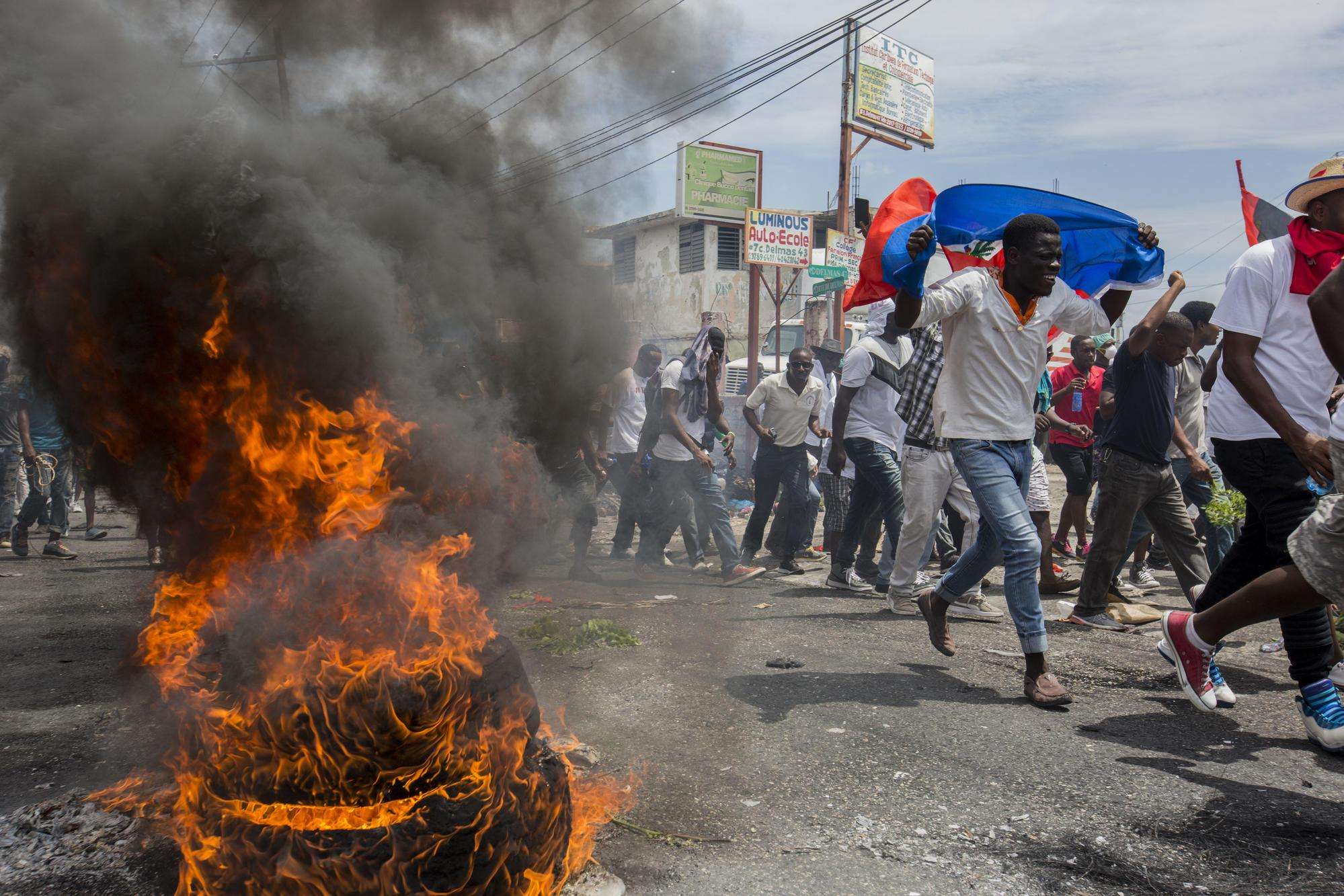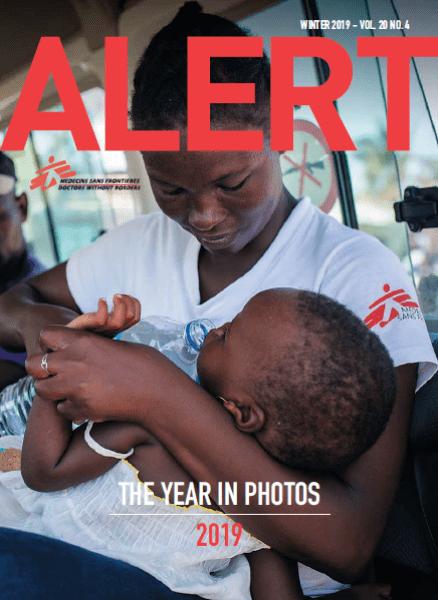Tell the world what’s happening to us.
The request often comes after someone in crisis has poured out their story and opened up about how they and their children are suffering—once they have realized that Doctors Without Borders can, and will, tell the world. As humanitarians, we made this choice long ago. Speaking out is now as ingrained in our work as saving lives and alleviating suffering through medical action.
The concept of témoignage, or bearing witness, is a central pillar of our identity. The organization was founded by a group of doctors and journalists who set out to create a new kind of humanitarian organization. We believe we have an ethical responsibility to offer our unique first-hand perspective about what we are seeing and doing on the ground, and to speak out with a sense of urgency to prevent greater harms. Our willingness to also share our own limitations and uncertainties, to tell it like it is, grows out of a commitment to honest reporting and transparency.
Twenty years ago, on December 10, 1999, MSF was awarded the Nobel Peace Prize for its pioneering humanitarian work. Dr. James Orbinski, then president of the MSF International Council, began his acceptance speech by calling on Russian authorities to stop bombing civilians in Chechnya. He explained why MSF considers it necessary to speak out: “We are not sure that words can always save lives, but we know that silence can certainly kill."
In 2019, we’ve spoken out about a number of pressing issues, including the need for more humane policies to address the global refugee and migration crisis. We go the extra mile to counter false narratives that abound—from the United States to Europe, from Africa to Asia—about people who are forced to flee. Seeking safety is not a crime. MSF provides medical care to refugees and displaced people all over the world. Increasingly, we see that people on the move are trying to survive not just the extreme challenges of the journey itself, but cruel deterrence policies put in place by governments trying to keep out migrants and asylum seekers. We share the testimonies of our patients, including stories of harrowing violence and abuse in Libyan detention centers, in refugee camps in Bangladesh, and along the migration routes through Central America and Mexico.

We have publicly criticized the international response to the ongoing Ebola epidemic in Democratic Republic of Congo for failing to bring the outbreak under control. Despite promising new vaccines and treatments for Ebola, the mortality rates are still too high. People are dying in their communities because they do not come to the hospitals when they get sick. We have pointed out a range of issues contributing to community mistrust, such as the massive deployment of financial resources focusing only on Ebola in a neglected region suffering from other urgent health needs. We ourselves are committed to doing much more to earn the trust of the community.
In October, we called out the Saudi- and Emirati-led Coalition for belatedly acknowledging responsibility but avoiding true accountability for a deadly 2016 strike on MSF-supported Shiara hospital in northern Yemen. The coalition struck Shiara hospital, in Razeh district, with a projectile on January 10, 2016, killing six people and injuring eight. MSF’s own investigation concluded that there was no justifiable or legitimate reason for the attack. Since the war in Yemen escalated in March 2015, coalition airstrikes have hit four other health facilities run or supported by MSF, and one ambulance from an MSF-supported hospital. Such attacks, which violate international humanitarian law, kill and maim civilians and threaten vital medical services for the sick and wounded. Yemen’s public health care system has effectively collapsed, contributing to regular outbreaks of cholera and other preventable diseases.

Bearing witness to an acute crisis has its limits. It doesn’t stop an armed militia from attacking the villagers, nor the Ebola virus from infecting grieving relatives. So what’s the point?
Sometimes it’s clear: we denounce, confront, or influence key decision makers. We alert the international community to mass violations or atrocities such as the bombing of hospitals. When government policies compound the suffering of the world’s most vulnerable, we pointedly remind them of their responsibilities. We relay the voices of our patients so that those in positions of power can never say, “We didn’t know what was happening.”
Sometimes it’s about drawing attention to a neglected crisis, like the need for new and affordable treatments for tuberculosis—the world’s leading infectious killer. We also celebrate the courage of survivors of drug-resistant TB who have become change makers for the sake of others. Stories of success, of healing, embolden us to keep trying and innovating.
I recently visited Haiti, whose descent into a new spiral of economic distress, protest, and violence is compelling MSF to restart operations in Tabarre trauma hospital in the capital, Port-au-Prince. The hospital is scheduled to open its doors in late November. We also continue to run a burn hospital and an outpatient emergency ward in Port-au-Prince. Offering free, lifesaving surgery and critical care in an urban environment rife with gangs requires us to speak out locally, at the community level, about the importance of allowing ambulances and medical personnel to move freely and safely.
Sometimes we are criticized for getting too political. After all, our charter proudly states that MSF observes neutrality and impartiality in the name of universal medical ethics and the right to humanitarian assistance. However, we believe that the principles of neutrality and impartiality do not require us to remain silent in the face of abuses. Our decision to speak out is always guided by MSF’s mission to alleviate suffering, protect life and health, and ensure respect for all human beings and recognition of our shared humanity.
This commitment to témoignage draws us closer together with our patients and the communities we serve.





